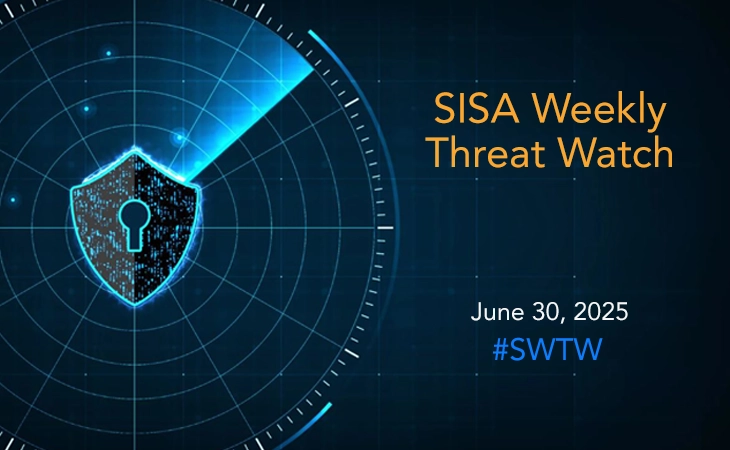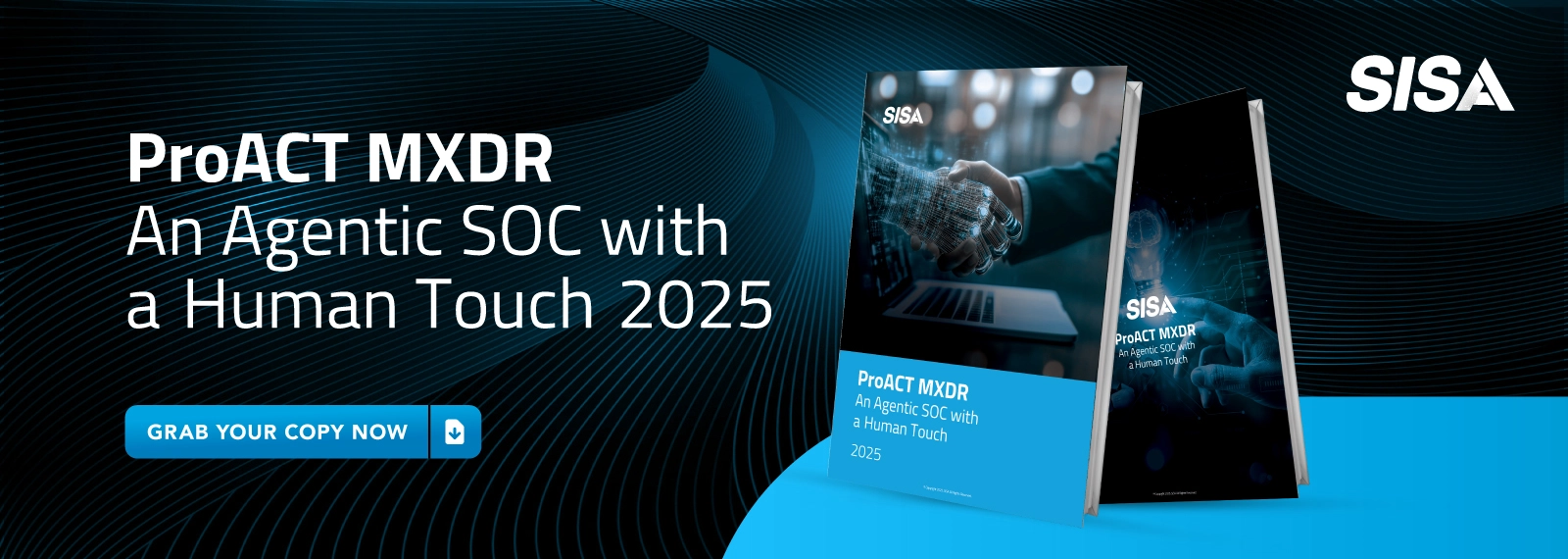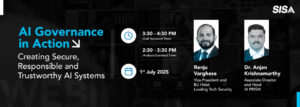
Navigating the Ethical AI Landscape: The Role of ISO 42001 in Shaping Responsible AI Practices
Introduction to ISO 42001
The world of Artificial Intelligence (AI) is expanding at an unprecedented pace, touching nearly every aspect of human life and industry. With this growth comes the pressing need for standardization to ensure AI is developed and used ethically. Enter ISO 42001, the first international standard for AI Management Systems (AIMS). ISO 42001 is designed to provide a framework for organizations to implement AI responsibly, focusing on ethical practices, security, and transparency in AI operations.
The Urgency for Ethical AI
AI technologies are not just tools; they are becoming integral parts of decision-making processes in sectors from healthcare to finance, education, and beyond. However, this integration brings forth significant ethical, privacy, and security concerns. Issues like algorithmic bias, data privacy breaches, and the lack of transparency in AI decision-making processes have sparked global debates on AI regulation. The urgency for ethical AI stems from the need to trust these systems, ensuring they do not perpetuate or worsen existing societal biases or infringe on individual rights.
Framework for Responsible AI
ISO 42001 establishes a robust framework that guides organizations through the lifecycle of AI systems:
- Ethical Considerations:The standard emphasizes fairness, ensuring AI systems do not discriminate based on race, gender, or other protected characteristics. Transparency is another cornerstone, where AI decision processes must be explainable to users and stakeholders. Accountability ensures there’s someone or some entity responsible for the AI’s actions or decisions.
- Risk Management:Specifically tailored for AI, this involves identifying, assessing, and mitigating risks like bias, privacy issues, and security threats. ISO 42001 encourages practices that protect data integrity and user privacy while using AI.
- Continuous Improvement:The standard advocates for ongoing evaluation and enhancement of AI systems, ensuring they adapt to new ethical guidelines, technological advancements, or changes in regulatory environments.
Implementation Challenges and Opportunities
Adopting ISO 42001 isn’t without its hurdles. Organizations might face:
- Cultural Shifts: Moving towards a culture that values AI governance requires significant change management, training, and buy-in at all organizational levels.
- Technical Integration: Fitting AI systems into existing workflows and ensuring they comply with new standards can be technically challenging.
However, the opportunities are vast:
- Stakeholder Trust: Compliance with ISO 42001 can significantly enhance trust from customers, partners, and regulators.
- Regulatory Compliance: It positions companies favorably in terms of meeting current and future AI-related regulations.
- Market Advantage: Being ahead in ethical AI practices can be a competitive differentiator in markets increasingly sensitive to ethical considerations.
Case Studies
- Healthcare: AI system used for patient diagnosis. ISO 42001 would ensure this system is bias-free, respects patient data privacy, and its decision-making process is transparent to medical professionals.
- Finance: An AI tool for credit scoring could be designed under ISO 42001 to eliminate biases against certain demographic groups, providing fairer assessments.
Call to Action
For organizations, the journey towards ISO 42001 certification is not just about meeting compliance but embracing a strategic advantage. It’s about leading in ethical AI practices, fostering innovation responsibly, and building sustainable, trustworthy AI systems. Start this journey by:
- Assessing current AI practices against ISO 42001 standards.
- Engaging with stakeholders to align on ethical AI objectives.
- Investing in training and resources to support this transition.
By adopting ISO 42001, organizations can navigate the ethical AI landscape not just with compliance but with leadership and foresight, shaping a future where AI benefits society as a whole.
Latest
Blogs
Whitepapers
Monthly Threat Brief
Customer Success Stories
 USA
USA India
India APAC
APAC Middle East
Middle East Global
Global






 Facebook
Facebook Linkedin
Linkedin  X
X Youtube
Youtube






